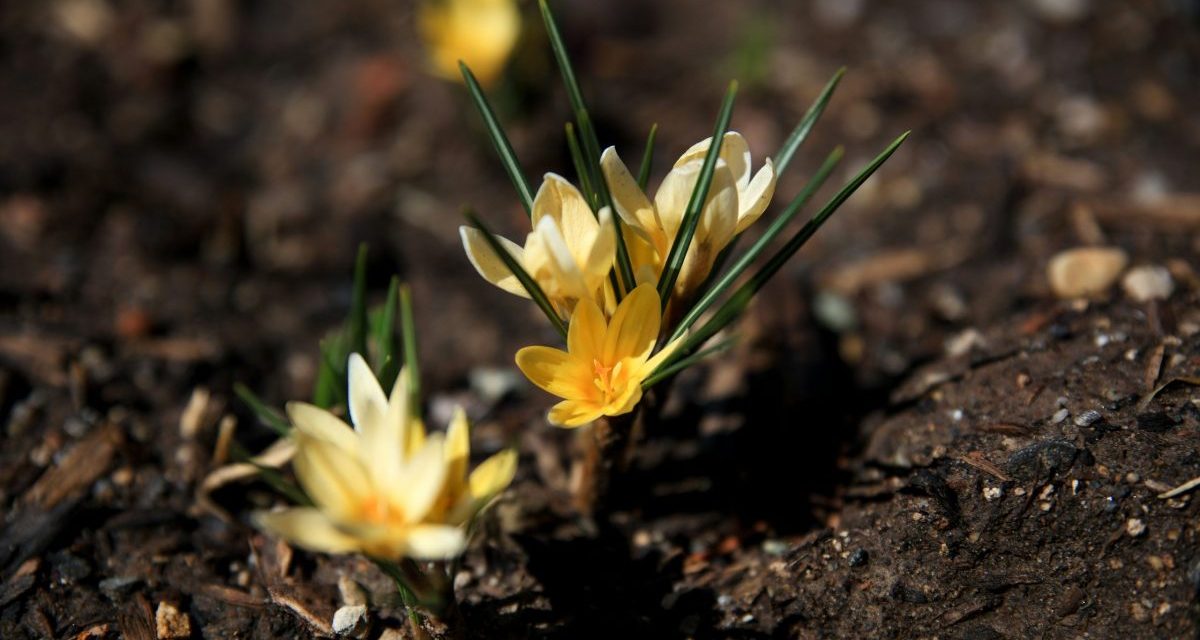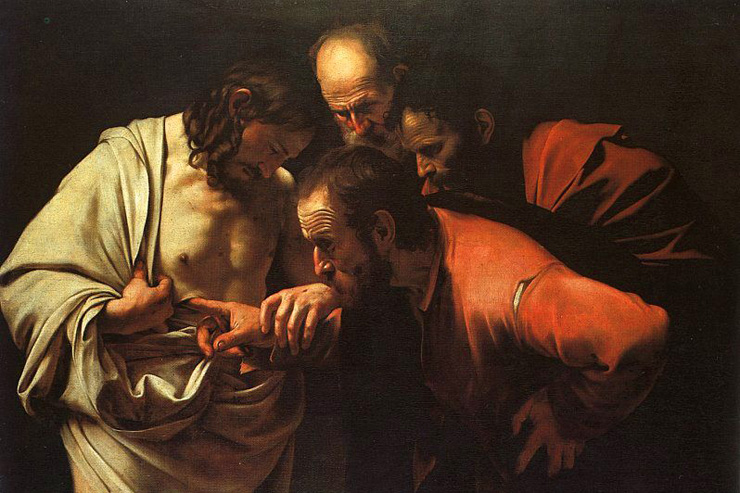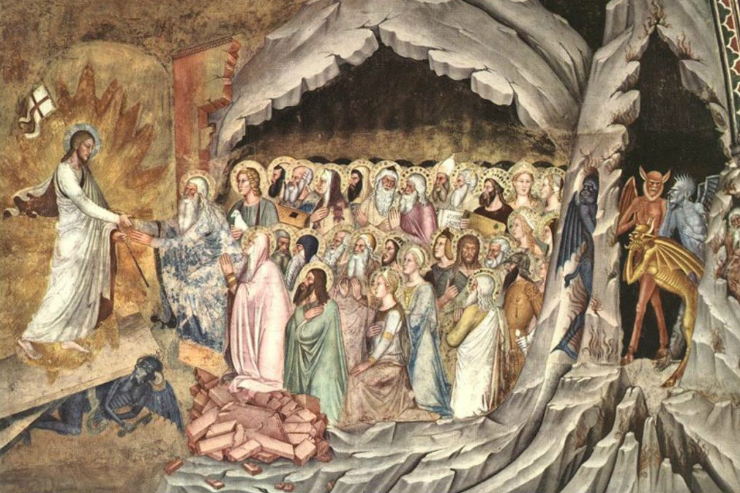I don’t like the idea of “plan B.” Last month, I heard an unsettling homily about the Immaculate Conception that essentially asserted that Adam and Eve messed up God’s plans and he had to “think really hard” (the priest’s phrase, not mine) about what to do. He came up with the Incarnation and, therefore, the Blessed Mother.
That’s not how I want to think about, much less teach, the mystery of the Incarnation. But while I’ll leave it to the Franciscans and the Dominicans to argue about it, regardless of how we want to phrase it, the fact remains: original sin was not what God intended.
I thought about this again when the Mass readings this past week talked about Saul and his subsequent fall. He was chosen to be king, he messed up, and God chose another. Was it God’s plan for Saul to mess up? No. But did goodness come from it? Absolutely.
We can talk about God’s antecedent and consequent will. We can have philosophical and theological discussions about what God permits and what he wills. But for now, I want to simply sit in the mystery of the flowers that come from dung.
King Saul was disobedient and was subsequently rejected by God, and we see in Scripture that Samuel was deeply grieved by this (1 Samuel 15:35). But look at what comes from it: the glorious reign of King David.
Joseph’s brothers sell him into Egypt, and it leads to Joseph saving the entire family of Israel (Genesis 45:7). Tamar’s son Perez is in Jesus’ genealogy despite the sinful way he was conceived. The people of Israel are exiled and the royal lineage seems completely cut off. But God is still faithful to his promise.
It’s a pattern repeated from Genesis to John. We screw up, and God is still victorious. The ultimate proof, of course, is the Cross. We murder God. His plan is still accomplished.
God is not thwarted. Not by Adam and Eve, not by Saul, not by Judas or Pilate or the chief priests.
And it’s not just the stories of Scripture. It’s the story of my life. And yours.
There have been times in your life when you have chosen against God’s will. In times of sin, in times of foolishness, in times of immaturity. We have chosen another path, we have ignored him, or we have been scared to obey him.
He is not thwarted. In fact, he takes those mistakes–even sins–and crafts a beautiful story out of them. Maybe it’s Plan B. Or maybe it’s C. Or D. Or E.
Oh happy fault. It’s not just the sin of Adam in the Garden. It’s your sin. It’s my sin.
When I see sin, I see hurt and pain and suffering and unworthiness and mistakes and lost opportunities and the end of the story and justice and patheticness and punishment.
When God sees sin, he sees mercy and opportunity.
If he brought life from the Cross, he can bring goodness from my sin, too. When I choose a different path, he doesn’t facepalm and think, “Oh, no! What am I going to do now!?” He makes a way in the sea; he brings water in the desert.
This is not permission to sin. It’s not condoning sinful acts. Sin always causes damage to us and the body of Christ.
However, it is a reminder that our sin is not more powerful than God. If we repent and return to the Lord, he can do amazing things with even our faults. He can bring flowers from dung.
Think of where a seed gets its nutrients. We all love to enjoy the beauty of flowers, the bounty of a garden. But that beauty comes from fertilizer. Rotten compost. Dung.
God doesn’t save us despite the Cross. He saves us through the Cross. That’s easy to see and talk about from afar, on the macroscale. But when I move it to the microscale, when I move it to my life… it’s a little harder to stomach. But yet I can’t just say “o happy fault” about the sin of Adam, but also my sin. If we give our sins over to him, every one of them can become a happy fault.
The lines I write in life are crooked… so crooked. But he makes a way. I don’t like to think about Plan B, but I have to admit that’s the perfectionist in me. I want everything to go smoothly, perfectly, the first time. But God isn’t thinking about Plan B. He’s simply thinking about our good. And this should give us great peace, looking back at events and decisions and circumstances and choices, and seeing that somehow, even in the messiest of times, even in the worst of decisions, even in sin … He brings good.
“And we know that for those who love God all things work together for good, for those who are called according to his purpose” (Romans 8:28).
Photo by Patrick Hendry on Unsplash














